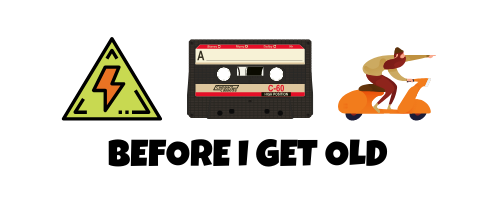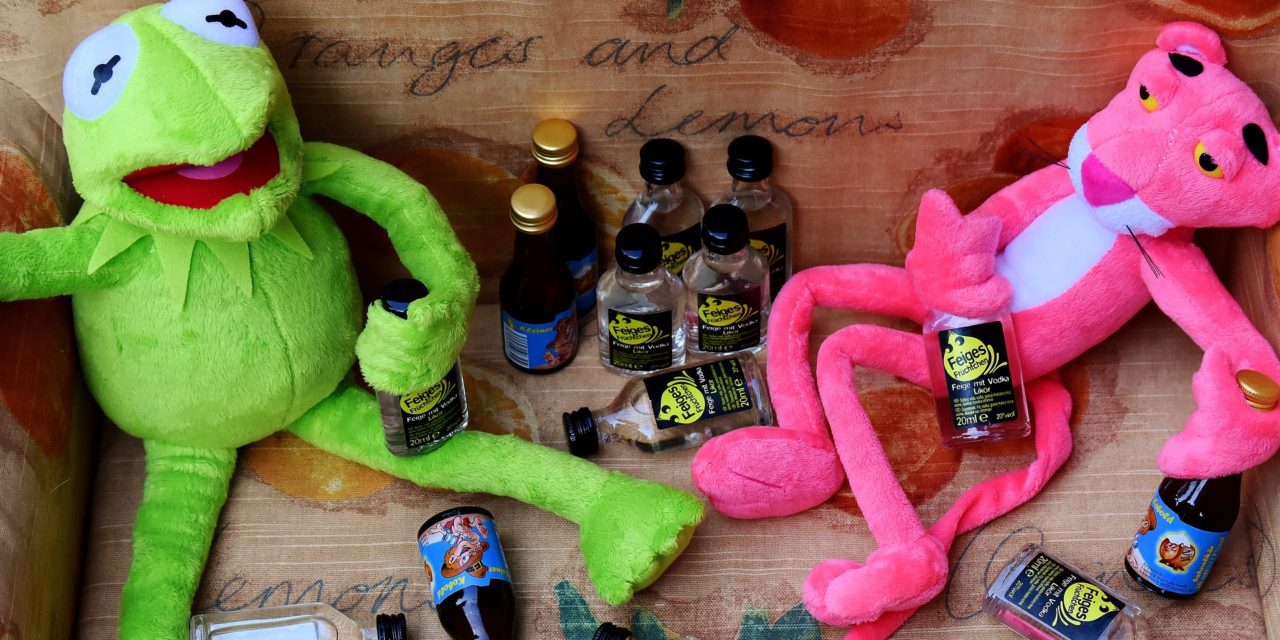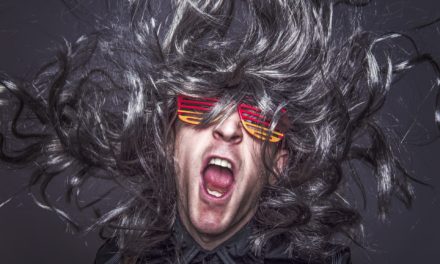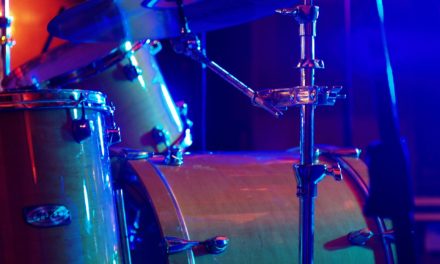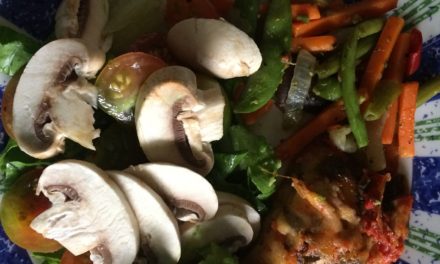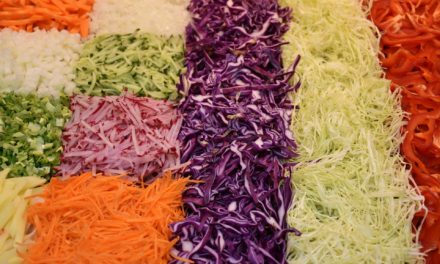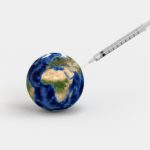Can I ask a daft question? What is it exactly about alcohol that has such a hold on so many of us? The last few weeks’ news stories have been dominated about pubs being open, pubs being shut, pubs being half open and then people having to drink in the street because they were shut at 10pm etc.
I sort-of get it. Alcohol is lovely – that first drink on a Friday night is both a physical and psychological reward. What changed for me when I got past about 25 (years, not pints) was that the second drink was much less enjoyable and by the third one I was simply carrying on for the sake of it.
Am I unusual in preferring to be me when I’m sober than pissed? And, having seen the behavior and listened to the conversations of many drunken adults, why would any of us want to willfully turn ourselves into such people.
Normally, when I have this conversation with anyone, the instant response is a roll of the eyes and comments about how I’ve become boring. But that’s not true, and, deep down we all know it. The drinks industry, popular culture and every single media outlet ever has sold us the lie that drinky people are interesting and cool (whatever that is), while sober ones are dull. But when you think about it, the absolute opposite is true.
I’ve spent a lot of the last 40 years playing music in dozens of mediocre pub bands. I’m pretty confident I’ve played Free’s All Right Now (badly) at least three times as often as Free ever did. And I learned early on that while having a pint before playing is a good way to take the edge off the nerves and help enjoy the experience, if I drink much more than that the whole thing turns to sloppy shite and the only people who don’t recognise it are those in the pub more pissed than me.
The people I know who really inspire me and make me feel better about life are generally sober and sharp-of-mind, able to do whatever it is that draws me to them as well as I’d hope. The reason I go out of my way to be in the same room as them is because they are interesting, not dull or boring and yet, none of them have been drinking. And while there is a part of me that would like to see Huddersfield Town play their vital promotion play-off against Millwall with both teams legless or the British Motorcycle GP contested by 22 riders so paralytic they can barely get their leg over the bike, the truth is that all of the interesting people doing things I want to watch are doing them sober.
But the rule persists; drinky people are interesting and fun, sober people are boring and dull and off we all go every weekend to the pub to show the world just how interesting we can be.
When this first started bothering me in my mid-30s it didn’t seem like we, as a society had the capability to come up with an alternative. And then a weird thing happened. Coffee shops started popping up all over the place and suddenly the evening pub ritual had a daytime social equivalent that didn’t involve alcohol, but instead had the simple alternative of a drink that had the opposite effect, but with the added option of cake too.
And we liked it a lot. And no one rolls their eyes or calls you boring when you suggest going for a coffee at 2pm. Another example of how we can change our behavior against all expectations is bottled water. 20 years ago we laughed at the idea, mocking anyone that spent good money on something you could get from the tap, but these days most of us buy it without even thinking. Times change. We change. And right now we can make a massive difference by thinking outside the box.
As the second wave of Covid approaches, the talk on the telly is all about saving the hospitality industry because it appears that following a summer of increasing social activity, the return of University-levels of drinking and colder weather pushing more drinkers indoors has helped the virus get another foothold into respiration-UK.
Shutting the pubs seems like a good idea if only to either prove or disprove the theory and the knock-on effect of that on the pubs, breweries, cleaners, taxi drivers, chefs and bar staff doesn’t bear thinking about.
So, how about this for an idea? If the one thing that matters most here is that we can somehow save our public houses by keeping supporting them through the pandemic without increasing transmission of the virus, then what about if, for the next six months they were only allowed to sell coffee, soft drinks and food, but no alcohol? Crazy huh? But, think about it. This might be the only way to ensure your favourite boozer is still there for you at the end of it.
The reason I go to the pub is to socialise and to people-watch and listen to live music in the lively company of others. If the choice is to do that while drinking orange juice or not do it at all and risk the pub not even being there in eight months’ time, I’ll take the soft-drink option all day long.
It just needs a smart-enough landlord to think laterally about how to keep us occupied for long enough that we stay for an extra drink or two or maybe some cake and I think you’d be surprised how successful this might be.
After all, we can go to watch sport for an afternoon or the theatre or cinema for a night or a gig and not have the requirement to drink six pints of beer, so why not an equally entertaining evening in the non-pissed pub.
Clearly, it won’t suit everyone and those who need to be really interesting might have to go to the off-licence and be oh-so-sociable in the park or at home, but with a bit of imagination I genuinely think a lot of pubs could survive and thrive without alcohol. Everything evolves and sometimes it needs a major shake-up to our lives to make things happen.
And imagine the joy of not having to worry about drinking and driving, meaning you could plan your night out at that cool music venue in the next town without the worry and expense of how to get there and back.
Or for the pubs themselves, having so many fewer worries about drunks causing trouble, fighting, puking and the other behaviours that only interesting and cool people do.
But the biggest benefit to all of this would be to break that cultural link between drink and life. Most of us have had times in our lives when things have gone badly and many of us have instinctively turned to drink to make it better. I can’t remember a single time when it worked for me, but I can remember many times when I sorted what seemed like an insurmountable problem by thinking it through, changing my behavior and deliberately dragging myself out of it.
And when I look back at the last 56 years, some of those are the things that make me most proud. So far, only my 48 year Malteser habit stands between me and self-satisfaction. Alcohol? Seriously, you can keep it.
